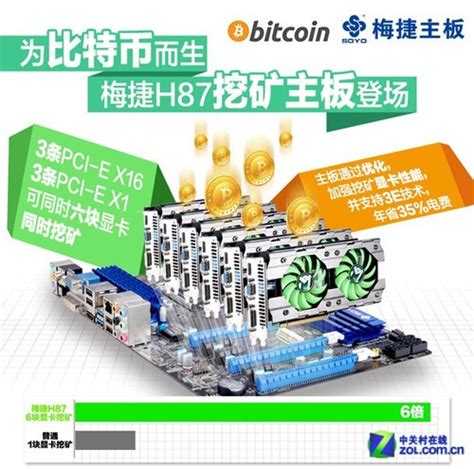比特币基站可以出币吗能出多少
Title: Understanding the Costs of Bitcoin Mining Operations
Bitcoin mining operations involve significant costs, encompassing hardware, electricity, and maintenance expenses. Let's delve into each aspect:
The primary component of Bitcoin mining hardware is the ASIC (ApplicationSpecific Integrated Circuit) miner. ASIC miners are specifically designed to mine Bitcoin and are more efficient than traditional CPUs or GPUs.
ASIC miners vary in price depending on their hash rate and efficiency. Higher hash rate machines are generally more expensive but yield greater rewards.
Electricity consumption is a major ongoing expense for Bitcoin miners. Mining rigs require substantial power to operate 24/7, often leading miners to seek locations with low electricity costs.
The electricity cost can vary widely depending on geographical location and local energy prices. Miners often opt for regions with abundant renewable energy sources to mitigate costs.
Regular maintenance is crucial to ensure optimal performance and longevity of mining hardware. This includes cleaning components, replacing wornout parts, and updating software.
Cooling is essential as mining rigs generate a significant amount of heat. Miners invest in cooling systems to prevent overheating, which can damage equipment and decrease mining efficiency.
Aside from the primary costs mentioned above, Bitcoin mining operations may incur additional expenses such as:
- Infrastructure: Renting or building facilities to house mining equipment.
- Internet and Networking: Reliable internet connections and networking equipment for data transmission.
- Insurance and Security: Protecting assets from theft, damage, or other risks.
- Regulatory Compliance: Adhering to local regulations and obtaining necessary permits.

To optimize Bitcoin mining costs, miners employ various strategies:
- Location Selection: Choosing regions with cheap electricity and favorable climate conditions.
- Energy Efficiency: Investing in energyefficient hardware and renewable energy sources.
- Economies of Scale: Scaling up operations to benefit from cost efficiencies.
- Pooling Resources: Joining mining pools to share resources and rewards.
- Continuous Research: Staying informed about technological advancements and industry trends.
Bitcoin mining entails substantial expenses, primarily comprising hardware, electricity, maintenance, and ancillary costs. Miners must carefully manage these costs to ensure profitability and sustainability in a highly competitive industry.











